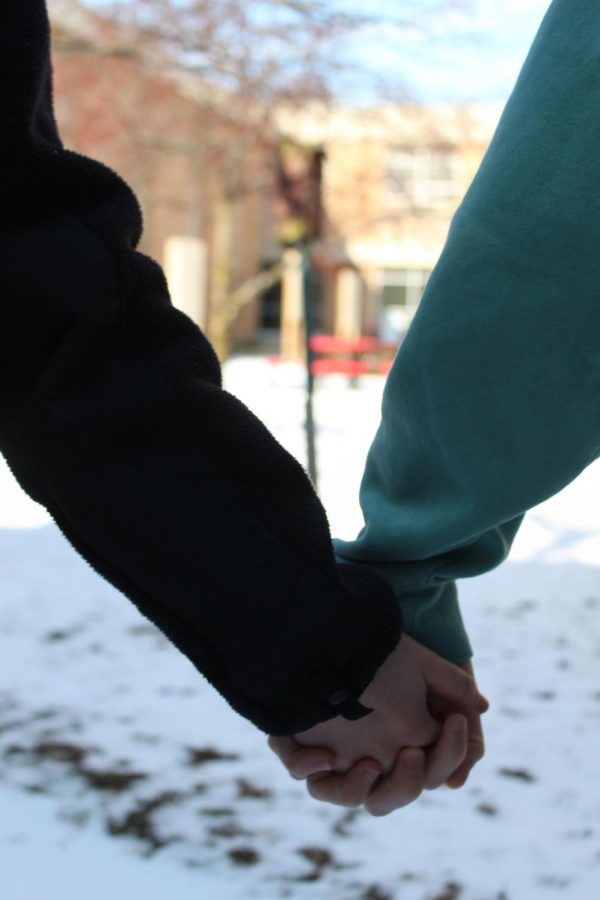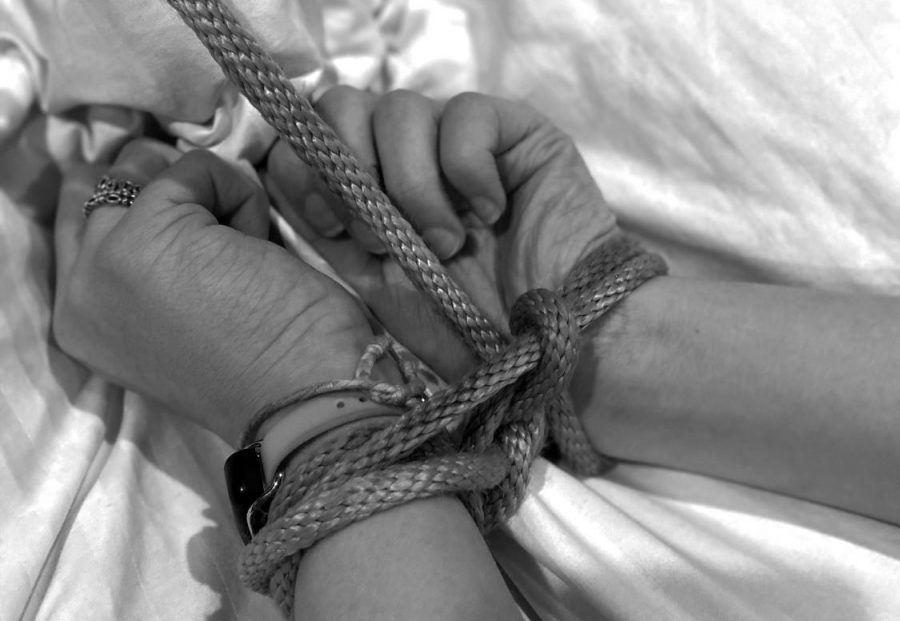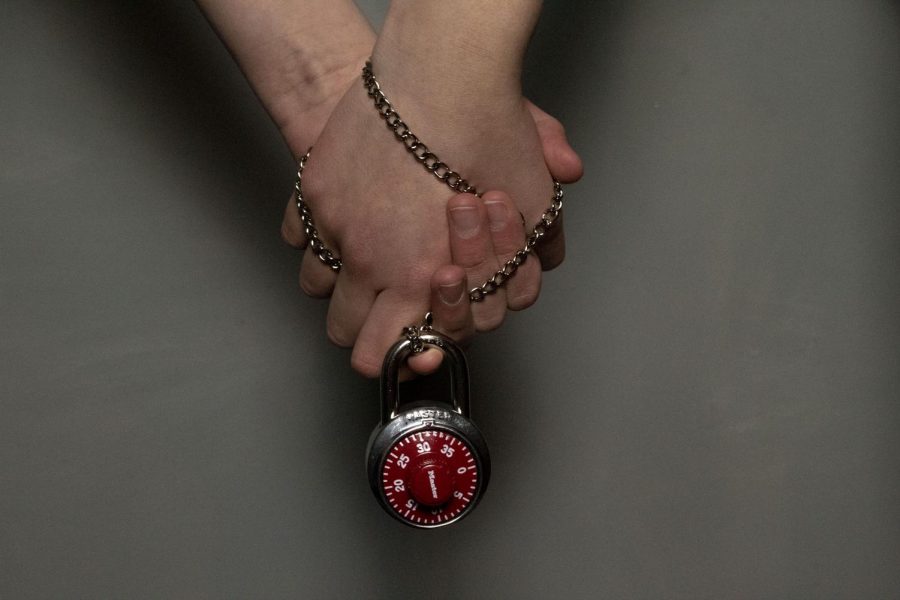A narcissist, by definition, is one who is extremely self-involved to the point of ignoring everyone else. These tendencies could be very impactful in relationships since narcissists already see themselves as superior; they may become rude or abusive when they do not get what they want. There are many indications of narcissism.
“A narcissist will at first try to please you and impress you, but eventually, their own needs will always come first,” board-certified pediatrician Dan Brennan said. “People with this behavior need to feel validation from others and often brag or exaggerate their accomplishments for recognition.”
Along with the many signs of a narcissistic personality, there are two main types of narcissism: grandiose narcissism and vulnerable narcissism.
“They kind of have grandiose ideologies about themselves being a lot greater than they are,” psychology teacher Jaycee Ruley said. “They disregard others around them, others’ feelings or needs, and they’re just very centered on their own wants and desires.
Vulnerable narcissism differs from grandiose narcissism; it is aggressive and dominant behavior that exaggerates their importance. Vulnerable narcissism is a trait that affects the young since it has become adaptable to past traumas.
“This behavior is usually the result of childhood neglect or abuse,” Brennan said. “People with this behavior are much more sensitive; narcissistic behavior helps to protect them against feelings of inadequacy. Even though they go between feeling inferior and superior to others, they feel offended or anxious when others don’t treat them as if they’re special.”
With either type of narcissist, it can cause problems with relationships because of their disregard for others.
“A narcissistic person in a relationship is toxic,” counselor Darcy Peck said. “They usually have split personalities, so you have no idea which person you may come home to. They control everything and are very dominant in the relationship.”
In many cases, it will be hard for a narcissistic person to try and reach out for help since that will not fit the image they have built up of themselves; they do not believe they need help. Their unwillingness to get help could further impact relationships with people around them, but not unless control is taken by the significant other.
“If you recognize that you’re in a relationship with a narcissist, you can change your dynamic in the relationship and challenge your partner to alter how they view you and your relationship,” Brennan said. “It is possible to change the way your partner looks at you and to help mitigate some of the effects of narcissistic behavior.”
Although narcissists have a very self-involved behavior that can affect many relationships, there are ways to tell if a person is struggling with narcissistic personality disorder and methods to help them break those tendencies.









